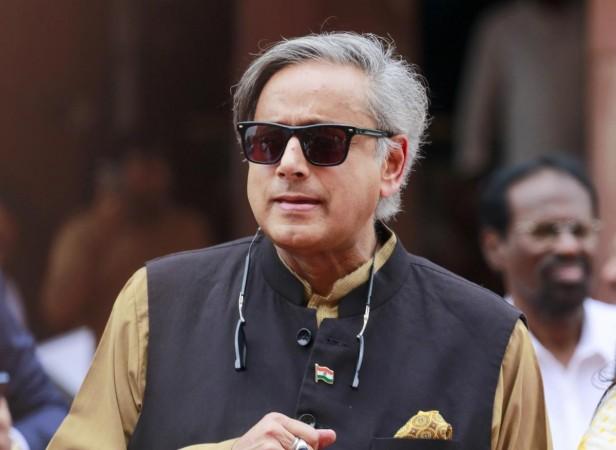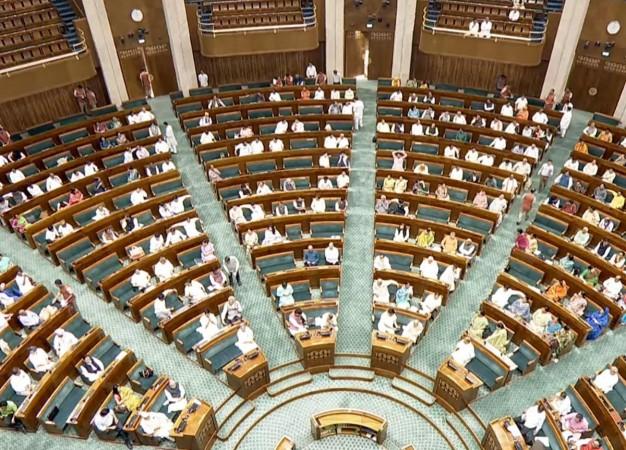
Shashi Tharoor, a prominent Congress leader and member of the Congress Working Committee, has once again captured attention with his independent stance on the controversial disqualification bills. These bills propose the mandatory resignation or removal of the Prime Minister, chief ministers, and ministers at both central and state levels if they are detained for 30 consecutive days on charges punishable by imprisonment of five years or more. Tharoor's comments have sparked a significant political debate, drawing reactions from both supporters and critics.
In an interview, Tharoor admitted, "I have not read the bill. My view is not the last word. But I will say that if somebody has made some mistakes, he should not be a minister. This is quite logical. If there is any thought behind it, I have no idea."
He further questioned, "If somebody spends 30 days in jail, can he continue to be a minister? This is a matter of common sense... I don't see anything wrong in this." These remarks have placed Tharoor at odds with his party's official stance, which, along with other opposition parties, has been critical of the bills.
The opposition, particularly the INDIA bloc, views the bills as part of a broader agenda to destabilize state governments led by non-BJP parties. They argue that the legislation aims to silence political opponents and undermine democratic institutions. Despite the uproar, Tharoor has suggested that the bills be discussed in detail by a Joint Parliamentary Committee (JPC), believing that such scrutiny could help clear any doubts.

Political Tensions and Legislative Battles
The controversy surrounding the disqualification bills is not an isolated incident. It is part of a larger narrative of political maneuvering and legislative battles that have characterized recent sessions of Parliament. The Monsoon Session, for instance, has been marked by repeated disruptions and adjournments, with opposition parties protesting not only the new bills but also alleged irregularities in electoral rolls, particularly in Bihar.
The Special Intensive Revision (SIR) of electoral rolls in Bihar has been another flashpoint, with the INDIA bloc accusing the government of attempting to manipulate voter lists in the poll-bound state. This issue has further fueled tensions, leading to noisy protests and adjournments in both Houses of Parliament. The opposition's protests have centered on the perceived threat to democratic processes and the integrity of electoral systems.
In the midst of these political skirmishes, the government has remained steadfast in its agenda, signaling its determination to proceed with the introduction and examination of the disqualification bills. The proposed referral to a JPC for detailed examination suggests a willingness to engage in dialogue, albeit within a framework that the opposition views with skepticism. This ongoing debate highlights the complex interplay between legislative intent and political interpretation.
Related











